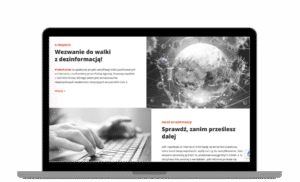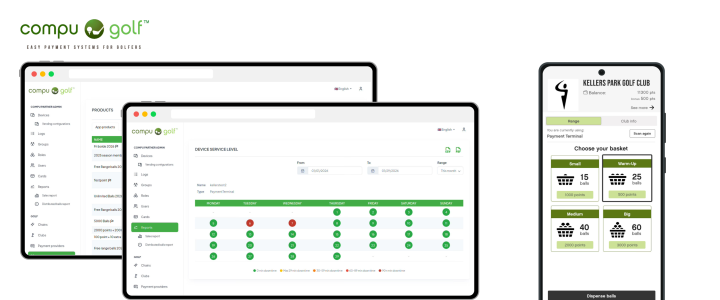FakeHunter
According to the 2020 Edelman Trust Barometer Special Report: Trust and the Coronavirus. 74% of respondents are worried that there is a lot of false information spread about the virus and pandemic. For 45%, it’s been challenging to find reliable and trustworthy information. 85% is interested to hear more details from scientists than from politicians. Media and governments had trust challenges going into the crisis. 63% of respondents said that they would believe information from “my employer” channel after one or two exposures. Seven in 10 respondents are following coronavirus news in media at least once a day, with 33 percent saying they are checking several times a day (source)
Project Details
According to Cision’s 2020 Global State of the Media Report, 59% of journalists believe that the public has lost trust in the media over the last year. (source) The number of English-language fact-checks increased by more than 900% from January to March. Reuters Institute Research pointed out that most (59%) of the misinformation involves various forms of changes, where existing and often true information is spun, twisted, recontextualized, or reworked. In the analyzed sample 38% misinformation was completely fabricated. (Reuters Institute Research: Types, sources, and claims of COVID-19 misinformation. See here).
To avoid those situations we’ve decided to act and create FakeHunter, for our client, The Polish Press Agency and The Ministry of Digitization on behalf of the Chancellery of the Prime Minister of Poland. The tool supports verifying the correctness of the information published online. To make content verification as easy as possible we’ve implemented the first solution: FakeHunter provides a free dedicated browser plugin. The user can easily select and send the content to controllers. Social Fact-checkers and PAP experts verify the information within 24 hours, and the user receives information by e-mail. The most popular inquires are published online on a dedicated website.
Client Needs
Project
A large part of the information about the Coronavirus found on the Internet is not valid or incomplete. Some false information goes to the Internet intentionally, and some accidentally with no prior source verification. This information provides misinformation and social tension, which in turn, negatively into public behavior. The client has noticed the need to create a tool that would help in the fight against fake news and avoid such situations in the future. The most important was the core system, i.e., the browser plugin, panel for fact-checkers, and a functional portal with basic features. Due to the short time, we cut everything that was not necessary for running the solution.
 Challenge
Challenge
The goal was to solve a problem based on existing solutions like browsers that people use on a daily basis. One of the target group were people who are not tech-savvy and mostly use preinstalled applications. That’s why, after research, we’ve decided to focus firstly on browser plugin as the simplest way to help people detect uncertain information. The main challenge for the team was a short time to implement the solution. Within only three weeks, the team worked without a single day-off to realize the full scope of MVP. The team agreed under these special circumstances to work even during weekends to achieve the goal. The delivered solution included a browser plugin for Chrome and Firefox, a review panel for fact-checkers and experts of the Polish Press Agency, and a dedicated website with aggregated verified content.
Impact and Outcomes
We delivered a system allows verifying Coronavirus related information based on existing tools. There is no need to install other applications or programs. Users can easily add the plugin to the browser and send news for verification. The selected piece of content is sending to the verification pipeline. In the next step, the user receives a reliable answer verified by the system’s volunteer team made up of opinion leaders and PAP fact-checkers. Experts check the credibility of the selected content and source. If the user is interested in direct response, they may add an email address to the form. All Internet users may view verified content on a dedicated website supported by PAP.
With this solution, users get real information from reliable sources. The tool is adaptable and can be used worldwide in any subsequent crisis. The solution is developed under an open-source license. There is a plan for maintenance, further enhancement of existing solutions, and develop future features.
To check out the solution, visit pap.pl/fact-checking
For more information, you can head over to the DO OK blog and check out the detailed Fakehunter writeup which explains much more about what we achieved with this project.
Language & Frameworks
Python
React
Deployment
AWS
Team size
10 developers
Business Analyst
Project Manager
Project size
1200 hours

